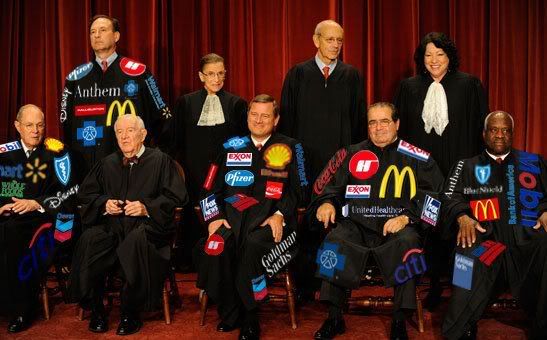Years ago, someone gave me a copy of
Please Kill Me (1997), the oral history of punk/new wave in New York City compiled and edited by Legs McNeil and Gillian McCain. It's a great read despite McNeil's unaccountable dislike of the Talking Heads (he refers to David Byrne's "yuppie whine," as I recall). So anyway, I guess that book was successful because it spawned a version for L.A.'s scene called
We Got the Neutron Bomb (2001) compiled by Brendan Mullen and Marc Spitz. It was fine and useful but perhaps not as good
Please Kill Me. It was the first of a bunch of books put together by Mullen, who ran The Masque, an early punk venue in L.A. About a year later, he came out with
Lexicon Devil, an oral history/biography of Darby Crash of the Germs, co-compiled with Adam Parfrey (the publisher) and Don Bolles, one of the Germ's drummers.

I just read
Lexicon Devil, and to get myself in the mood, I watched
The Decline of Western Civilization again. (I saw it originally when it came out in 1981.) It's very interesting to watch it now knowing a lot more about the featured bands and other personalities. When I first saw it, I was just shocked and a little
scared. (Yeah, I was kind of a wuss.)
The book covers the filming of it. Crash was really spiraling down at that period. They filmed him early in the morning, so he is a bit incoherent. But hell, before I've had my coffee, I'm a bit incoherent. He is filmed with a bath-robed punkette called Michelle Baer, and the movie makes it look like she is his girlfriend or a groupie who slept over. Crash was gay, though, and Michelle was a beard for the movie! This guy who seemed so self-revealing and unashamed was in the closet.
The problem with some oral histories is that the compilers may get some good stuff, but have no organic way to fit it in with the rest of the stuff. So
Lexicon Devil is full of these weird hanging chapters. I think that's one thing you lose when you don't have a writer--the ability to structure the material in a logical, unfolding way. In the end, there is just too much information about Darby Crash here. He wasn't
that talented or interesting. His band-mate,
Pat Smear, has what is to me a much more interesting story. But he didn't "live fast and die young," so Crash gets the book.

An oral history that really could have used a writer is
Gimme Something Better (2009) by Jack Boulware and Silke Tudor. This is the oral history of the (wait for it) San Francisco/East Bay punk scene. New York and L.A. had these incandescent beginnings, and while punk continued in those places (especially L.A.), what followed was really different from the late 70s scene that helped spawn punk. In L.A., especially, there was real tension (both aesthetic and tribal) between the "Hollywood" punks and the O.C./Huntington Beach punks. It was the difference between the older punk rock and hardcore.
In San Francisco, you get the feeling that the older stuff never really took off the way it did in New York and L.A. (there is no San Francisco equivalent to the Ramones or X). Hardcore was really the language of San Francisco punk. The ethos was defined by
Maximum Rocknroll. It was a bizarrely close-minded political and aesthetic point of view, but the magazine helped nurture a scene that lasted for decades in the face of almost total obscurity. Unfortunately, this purity of approach leaks into the structure of this massive book. The justification for this approach is expressed in the introduction by Jesse Michaels (Operation Ivy):
The oral history format has the great advantage of eliminating The Rock Writer. The Rock Writer writing about punk usually has one aim: to arrogate intellectual ownership of something he or she knows absolutely nothing about. That bullet is dodged here.
The problem is that in the course of this nearly 500-page book, hundreds of names (and noms de rock) are thrown at the reader with little help. A new name will appear and you have to flip to the back of the book to figure who it is. That person will be speaking of someone else, and you can only hope that the context will make it clear who that other person is and what his or her significance is. The chapters are arranged around particular bands or locations or events, but the chapter titles don't tell you this, and you are likewise not given any information like what the timeframe was.
And let's face it--compiling an oral history is no less an authorial intrusion than writing it out in prose. As any student of film 101 knows, if you are given unedited news footage, you can tell any story you want with it. The footage would still be "real"--but the process of selecting and ordering the cuts allows you to spin the story the way you want. The same is obviously true of oral histories. Boulware and Silke's approach is an aesthetic decision, not an expression of absolute truth. They told the story they wanted to tell, and using only the words of their interviewees, were able to pass it off as more "authentic" than a non-fiction prose book would be.
Therefore, I make this plea--no more punk oral histories!
Labels: books, music, punk rock



